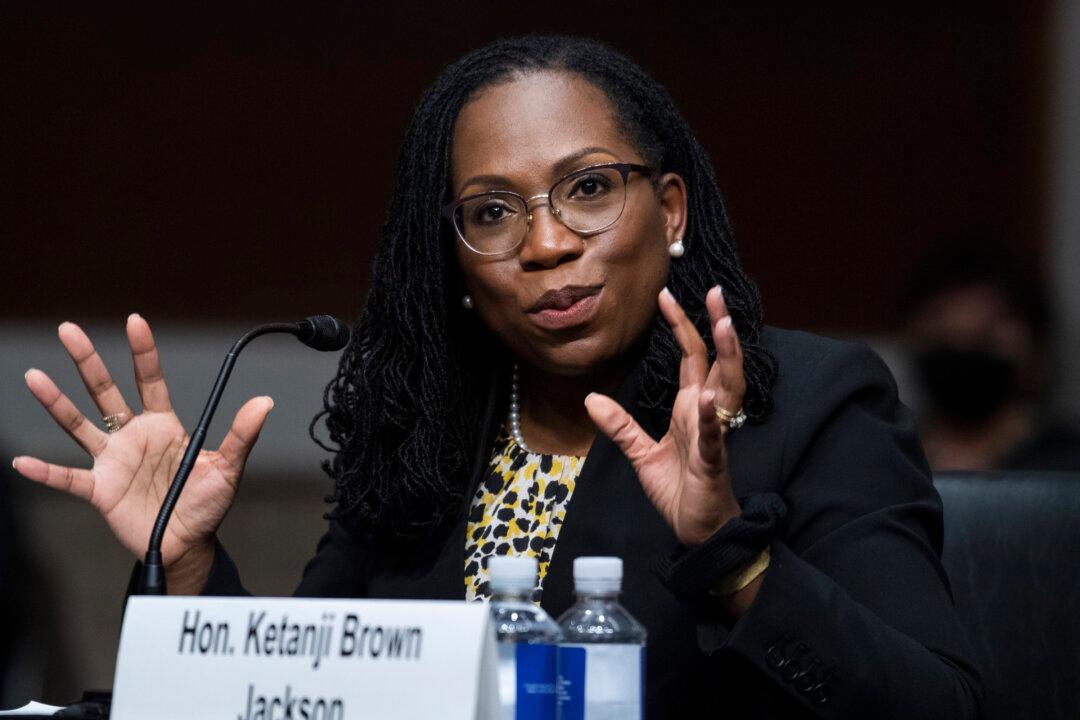Committee hearings for President Joe Biden’s Supreme Court (SCOTUS) nominee, Judge Ketanji Brown Jackson, will begin on March 21 and last four days according to Senate Judiciary Chairman Dick Durbin (D-Ill.).
If confirmed, Jackson will replace outgoing Justice Stephen Breyer who at the end of February acceded to pressure from Democrats and liberals to retire while Democrats hold the White House.





